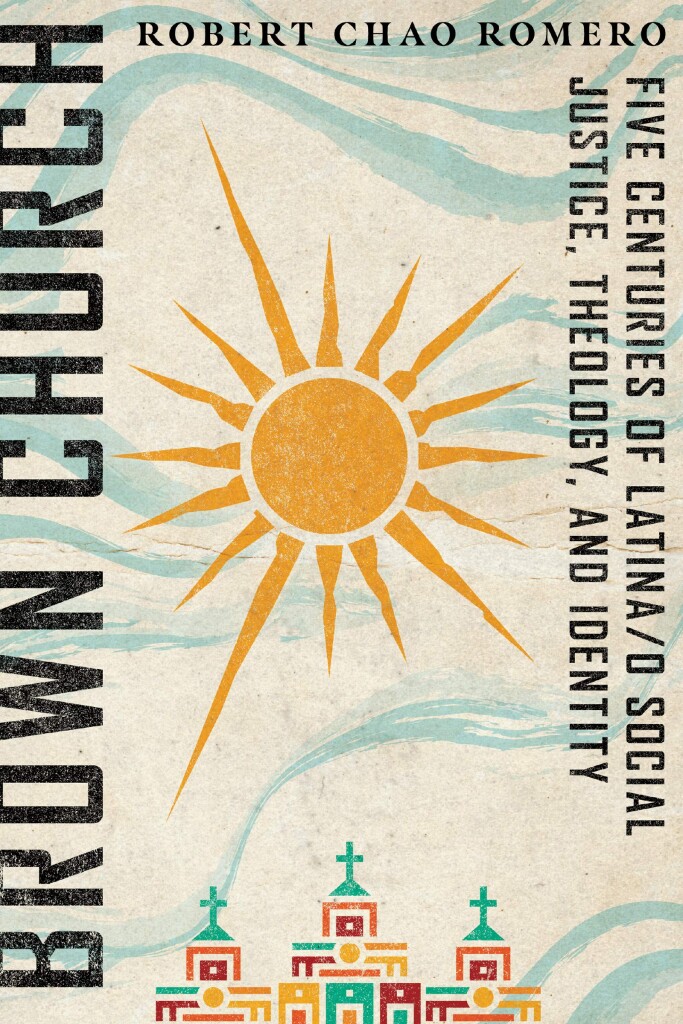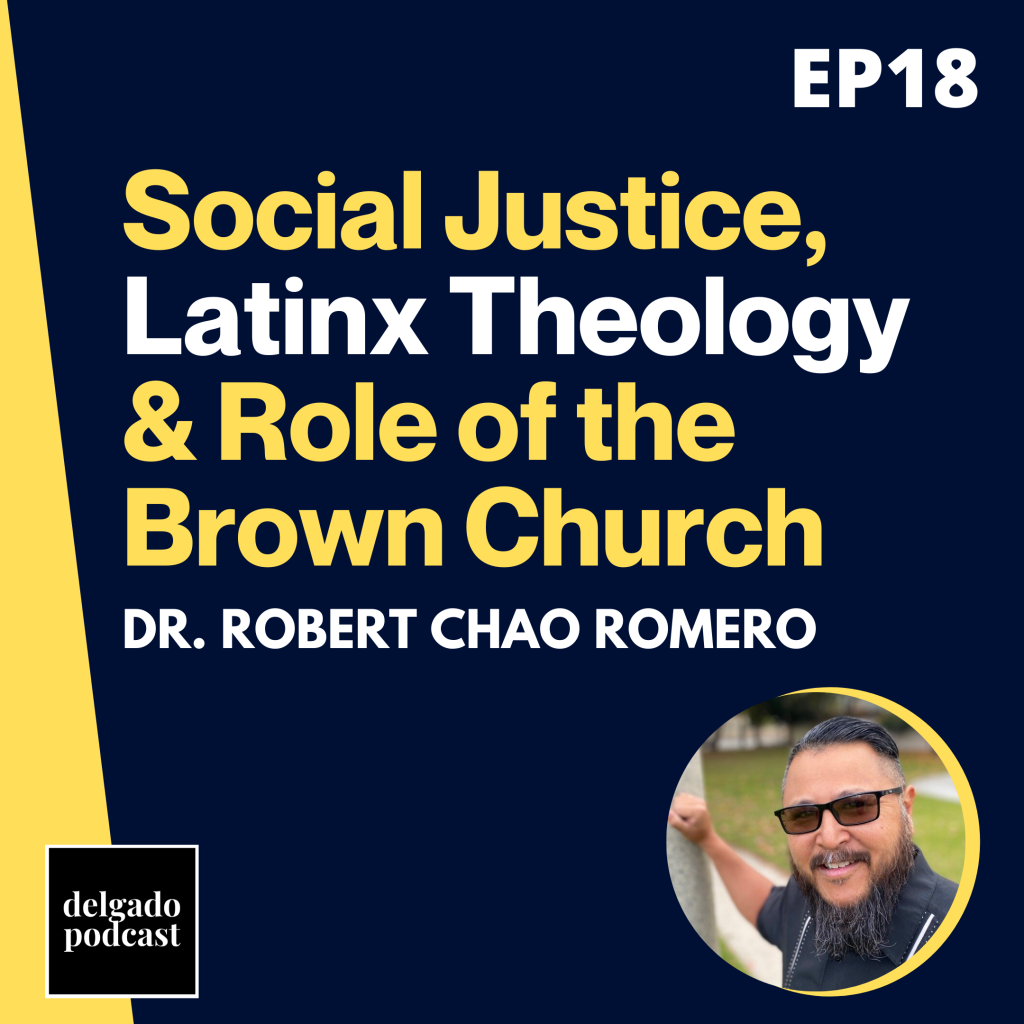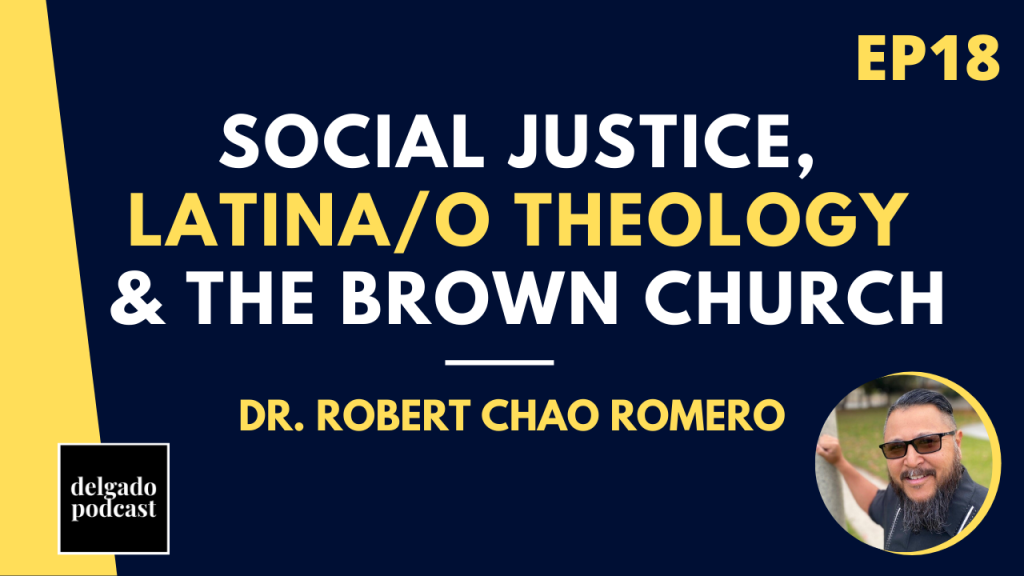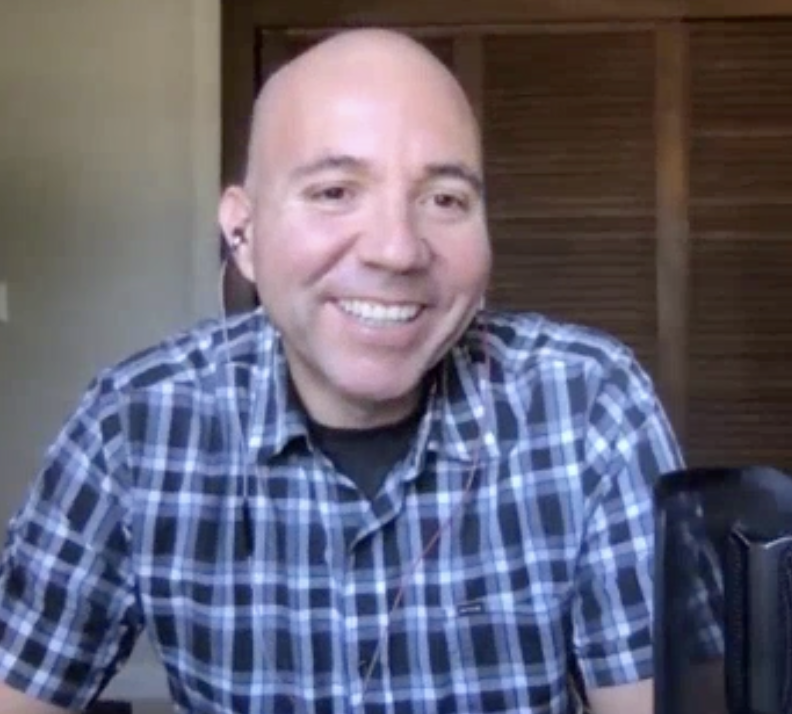 As you know, we’ve been living in a tragic time in our country amid COVID-19, political turmoil, friends and family members losing jobs, domestic violence increasing, and we’re seeing more violent examples of xenophobia, racism, and white supremacy around us.
As you know, we’ve been living in a tragic time in our country amid COVID-19, political turmoil, friends and family members losing jobs, domestic violence increasing, and we’re seeing more violent examples of xenophobia, racism, and white supremacy around us.
A few weeks ago, we witnessed domestic terrorists invade our U.S. Capitol, people waving confederate flags and nooses to incite more violence, and “religious” people holding crosses, blowing Shofars, and plenty of signage with Bible verses to help incite more election anger and protests.
As a Christian, it’s absolutely appalling to see people use God’s name to incite violence and insurrection. Sadly, it’s another reminder of our church’s history of causing trauma.
People are hurting — especially our marginalized and immigrant communities. And the church has a responsibility to address these atrocities and be part of the healing process. And that’s why I’m grateful to have Dr. Robert Chao Romero as our guest on the podcast.
Dr. Romero is a historian and professor in the Departments of Chicana/o Studies and Asian American Studies at the University of California, UCLA. Dr. Romero has a unique perspective on social justice as an attorney, pastor, historian, and the son of a Mexican father and Chinese immigrant mother.
His academic research is focused on issues of race, immigration, history and religion — and his last book “The Brown Church: Five Centuries of Latina/o Social Justice, Theology & Identity” discusses the various ways our Hispanic church has fought oppression, slavery and other social justice issues.
We actually recorded this show back in November before the election (and before the mounting political turmoil and terrorism at our Capitol). I was sick in December and wasn’t able to edit and produce this podcast until today — but our conversation on Trump, the Latina/o vote, immigration issues, and our Brown church’s role in advocating for social justice is more timely than ever.
In this episode, Dr. Robert Chao Romero talks with us about how the Latina/Latino church has fought oppression for over 500 years. He discusses why a percentage Hispanic voters supported Trump during the last election, despite his policies and ideas that have been used to hurt Brown communities. He shares how the Brown church has fought against Spanish colonialism, Latin American dictatorships, U.S. imperialism in Central America, and the current exploitation of undocumented immigrants in the United States.
You can subscribe or download this show on iTunes, Spotify, Google Podcasts or Stitcher. You can also subscribe to the video series on YouTube.
Here’s our conversation:
EP18: Social Justice, Latinx Theology & The Brown Church
In this episode, Dr. Robert Chao Romero talks with us about the role that the Brown church has played to fight oppression throughout history. He discusses why a percentage Hispanic voters supported Trump, despite his policies and ideas that have been used to hurt Brown communities. He addresses the history of racism and colonialism in Latin America and tells the story of Antonio de Montesinos, a Dominican Friar who preached sermons to denounce colonists who were enslaving and abusing indigenous people in the Caribbean back in 1511. He talks about the role of faith in the life of Cesar Chavez. He also shares why there are biases against Christianity in ethnic academic studies due to the abuses and trauma cased by our churches throughout history.
Listen or download the podcast here:
Video conversation:
Dr. Robert Chao Romero
Robert Chao Romero (PhD, University of California at Los Angeles; JD, University of California at Berkeley) is associate professor in the Departments of Chicana/o Studies and Asian American Studies at the University of California at Los Angeles. He is the author of the award-winning The Chinese in Mexico, 1882-1940, Jesus for Revolutionaries: An Introduction to Race, Social Justice, and Christianity, and Mixed Race Student Politics. He’s also a pastor and co-founder of Jesus 4 Revolutionaries, a Christian ministry to activists, and serves on the Board of the Matthew 25 Movement. His latest book: “The Brown Church: Five Centuries of Latina/o Social Justice, Theology, and Identity” is published by IVP Academic.



